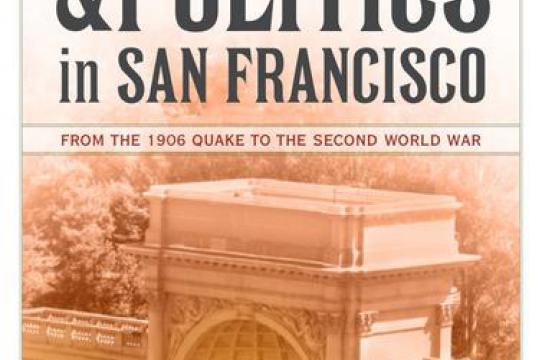Leta Miller's latest book captures the spirit of San Francisco's musical life during the first half of the twentieth century, showing how a fractious community overcame virulent partisanship to establish cultural monuments such as the San Francisco Symphony (1911) and Opera (1923). A utopian vision (manifest in the avant-garde music scene of the 1930s and in the vision of composers such as Ernest Bloch, who headed the fledgling San Francisco Conservatory in the late 1920s) counterbalanced partisan interests and inspired cultural endeavors including two world fairs with very different approaches to musical offerings. On the other hand, rampant racism is evident throughout this period. Initially directed against Chinese laborers (and their music), it reappeared during the 1930s in the guise of labor unrest in the musicians' union (including a lawsuit initiated by black musicians against whites, who were trying to monopolize employment in nightclubs) and in a vicious battle that pitted administrators against artists in the city's Federal Music Project activities.


